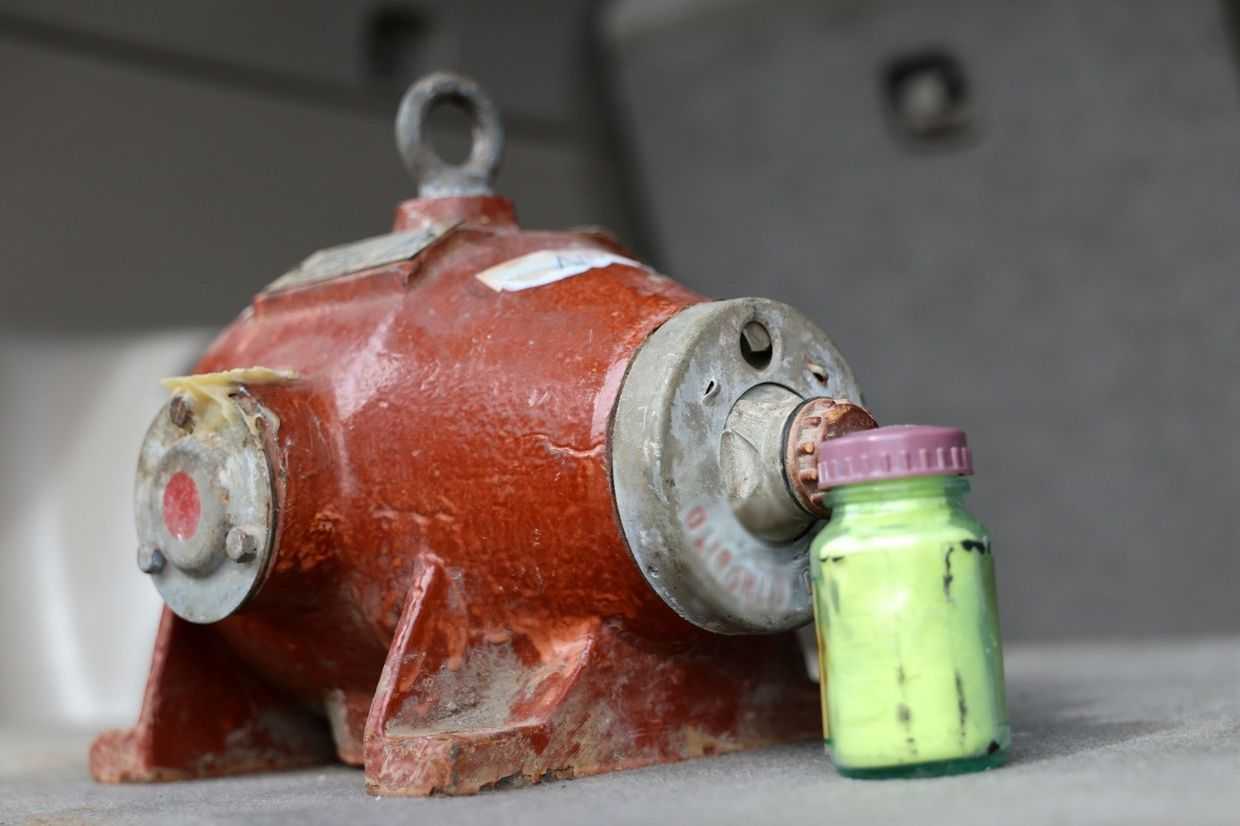
Georgian doctor Giorgi Akhobadze has been acquitted of drug charges seen by many as political retribution for his protesting against the government.
Tbilisi City Court announced the verdict on Wednesday, hours after media founder and outspoken government critic Mzia Amaghlobeli was sentenced to two years in prison. Despite the lengthy jail term she received, the judge in Amaghlobeli’s case unexpectedly downgraded the charges against her; she previously faced a possible 7-year term.

Akhobadze was detained on 7 December during the early stages of the ongoing anti-government protests, as he was returning home from a demonstration in central Tbilisi.
Akhobadze, a doctor by profession and a specialist in anesthesiology and intensive care, was charged with criminal drug possession under an article that carries a sentence of 8–20 years or life imprisonment.
Reporting from his trial earlier in August, RFE/RL said prosecutors had failed to produce conclusive evidence in Akhobadze’s guilt, such as video evidence. Akhobadze himself said drugs had been planted on him by police.
During the trial, he testified that while going home from the protest, he was surrounded by a group of police officers who restrained him and placed an object in his pocket.
On 25 July, during his closing statement, Akhobadze said that his detention was an act of ‘revenge’ carried out by ‘cowardly, frightened people serving the Russian regime’, referring to Georgia’s ruling Georgian Dream party.
‘They think they’ve taken away my freedom, but all they’ve done is shrink my battlefield. No one can limit my freedom, and no one can take it from me’, he concluded.
Over a month after Akhobadze’s detention, his mother, a palliative care patient whom he had previously been taking care of, passed away.
Akhobadze is one of several protesters whose cases raised concerns about the possible fabrication of drug charges by the authorities.
In February, Transparency International Georgia listed Akhobadze, along with Nika Katsia — also detained during the protests — and Anton Chechin, a Russian citizen jailed during the same period, as protesters who had drugs planted on them by Georgian police. Katsia and Chechin’s trials are ongoing.
The group said that the ruling Georgian Dream party sought to discredit the protest movement by ‘fabricating’ drug charges against protesters, political opponents, and civil activists.
Alongside Chechin, two other Russian citizens were also detained on drug charges during the protests — Artem Gribul and Anastasia Zinovkina, a couple living in Tbilisi. They denied the allegations and linked the charges to their participation in Georgia’s anti-government protests.
The latest wave of protests in Georgia began on 28 November, when Georgian Dream announced the suspension of the country’s EU membership bid. The first phase of demonstrations saw heavy clashes and brutal police violence against protesters and journalists.
Hundreds of people have been detained, with criminal cases launched in over 50 instances. Several protesters have already been convicted and sentenced to years in prison. Their release — along with calls for new parliamentary elections — has become one of the demonstrators’ central demands.












